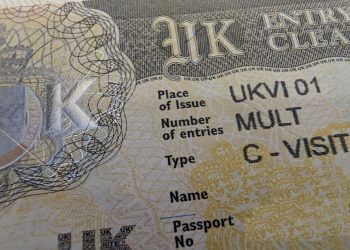How much a student can earn in Canada per month?
One of the most appealing aspects of studying in Canada is the opportunity to earn money while completing your degree. Many international students wonder how much they can earn and what the job market is like in Canada. It’s important to understand the regulations and limitations surrounding working while studying in order to make the most of your experience.
Work permit regulations
International students in Canada are eligible to work off-campus without a work permit for up to 20 hours per week during regular academic sessions and full-time during scheduled breaks, such as summer or winter holidays. In order to work off-campus, students must have a valid study permit and be enrolled full-time at a designated learning institution. It’s important to note that not all students are eligible to work off-campus, so it’s essential to check with the specific regulations for your individual situation.
Job market for students
Canada’s job market for students is varied and dynamic, with opportunities available in a wide range of industries. Many students find part-time work in retail, hospitality, or customer service, while others may find opportunities to work in their chosen field of study through internships or co-op programs. Some universities and colleges also offer on-campus employment opportunities, such as working at the library, cafeteria, or student center.
How much can you earn?
The amount that a student can earn in Canada per month varies depending on the job, location, and individual circumstances. The minimum wage in Canada varies by province, with the lowest being $11.65 per hour in Alberta and the highest being $15.20 per hour in Ontario. On average, international students can expect to earn anywhere between $800 to $1200 per month when working part-time, depending on the number of hours worked and the prevailing wage in their area.
Considering cost of living
When considering how much you can earn while studying in Canada, it’s important to also consider the cost of living. The amount you earn from part-time work can help offset the cost of tuition, accommodation, and living expenses, but it’s important to budget and manage your earnings wisely. Many students find that working part-time allows them to cover their living expenses and even save some money for extracurricular activities or travel during breaks.
Studying in Canada provides international students with the opportunity to earn money, gain valuable work experience, and offset the cost of living. By understanding the regulations and job market for students, you can make the most of your time in Canada and set yourself up for success in your studies and future career.
Still have some travel questions? Ask in our Travel WhatsApp Group.








